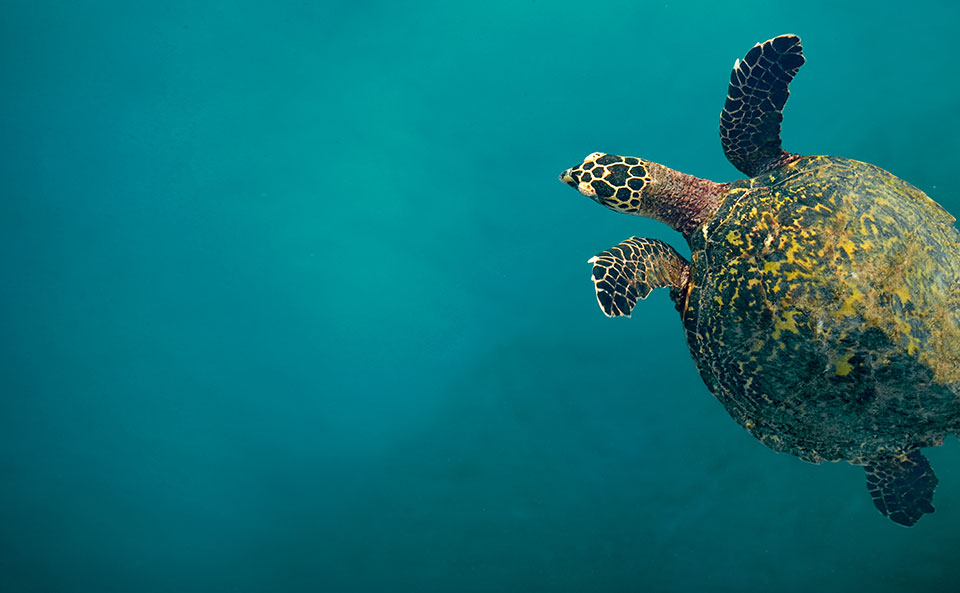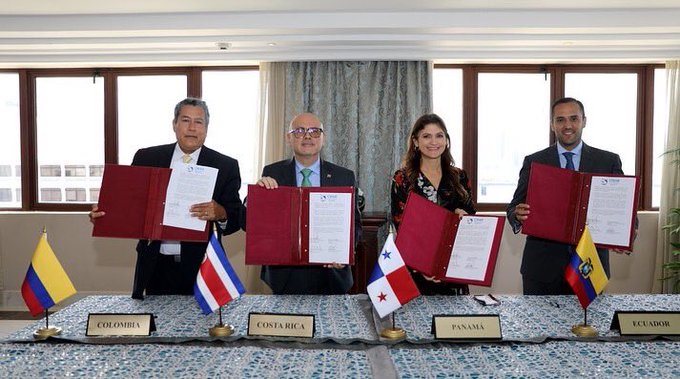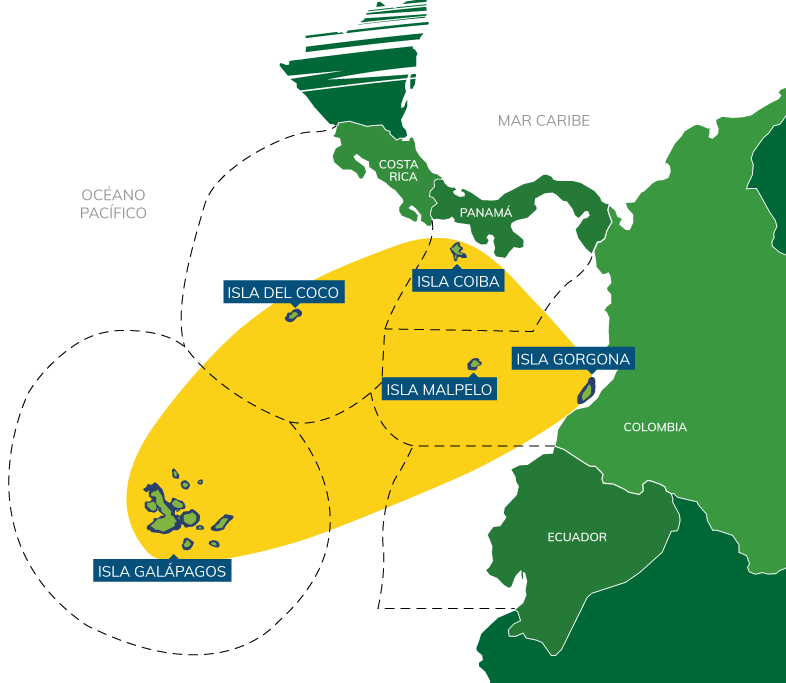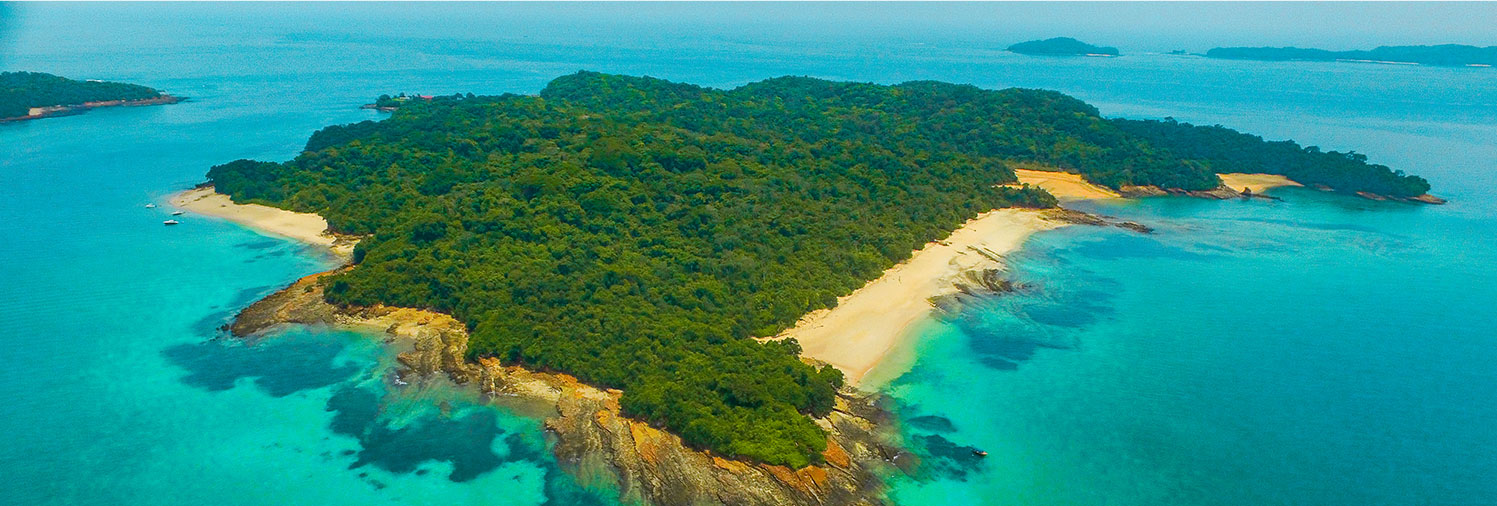The ocean is the Earth's largest carbon sink and our most powerful ally in the fight against climate change. It is also a source of food for much of the world's population and a driver of the global economy; according to the United Nations, 40% of the global population depends on the ocean for food and work, while 90% of the world's trade is transported by sea.
Yet today, this invaluable natural resource is endangered by our actions. Pollution and overexploitation of marine ecosystems threaten the ocean’s health, and therefore our health. The immensity of the ocean makes us forget its fragility in the face of each individual action. We still live on a planet where rivers and seas are seen and used as rubbish dumps.
The rich marine biodiversity on which we depend is also at risk. The heartbreaking image of a single boat full of fins illustrates the hundreds of sharks mutilated and discarded at sea. Some shark populations have declined by 80% in recent decades; a clear example of the devastating effect of illegal activities such as "finning", or overfishing which are detrimental to the delicate balance of our marine ecosystems.
Leading nations must advocate for ocean health. As the country that connects the two largest oceans, Panama has a unique role to play in this effort.
The ocean needs our attention and leading nations must advocate for its health. That is precisely why the UN has declared this the Ocean Decade. As the country that connects the two largest oceans, Panama has a unique role to play in this effort; according to NASA, the emergence of today's Panama is the most important geological event of the last 60 million years. Despite accounting for a tiny portion of the Earth, the Isthmus of Panama has an enormous impact on the world's climate, affecting ocean currents and global biodiversity.







Thank you for this, have shared!
Dear Excellency Mouynes,
Thank you for this great blog, I have shared it on LinkedIn! Looking forward to March 2023 to the next Our Ocean Conference too!
Kind regards,
Lynn
Add new comment